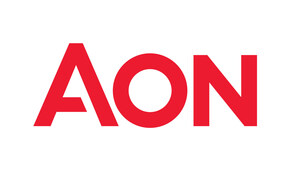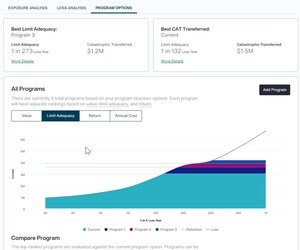LINCOLNSHIRE, Ill., June 25, 2015 /PRNewswire/ -- Today the U.S. Supreme Court handed down a decision on the King v. Burwell case, which ruled that individuals can continue to receive subsidies to purchase health care insurance on the federal exchange. Health care experts from Aon Hewitt, the global talent, retirement and health solutions business of Aon plc (NYSE: AON), are available to comment on what's next for employers and individuals.
According to Aon, with the decision made, many companies will turn their focus to three key areas: reporting compliance, the excise tax and pre-65 retiree health care strategies.
"This case was the last major judicial hurdle that the Affordable Care Act had to clear before full implementation," said J.D. Piro, senior vice president at Aon and leader of Aon's Health Law Group. "Now employers have to focus on reporting on compliance with the individual and employer mandates for 2016, along with determining the projected impact of the ACA's health plan excise tax in 2018. They will need to find the right combination of strategies to ensure compliance and reduce their exposure."
Reporting Compliance
Under the ACA reporting rules, companies must file annual returns beginning in 2016 reporting what health insurance they offered employees. If self-insured, they also need to report certain information for each employee they cover. According to Aon Hewitt research, 64 percent of companies said complying with these government regulations would be one of their most significant challenges in 2016.
Excise Tax
Due to the expectation that future medical costs will rise more rapidly than the excise tax thresholds, a recent Aon Hewitt survey found that 68 percent of the employers expect the excise tax to affect at least one or more of their current health plans by 2023. When asked about future actions they are likely to consider to minimize their exposure to the tax, the vast majority (79 percent) expect to reduce plan design richness through higher out-of-pocket member cost sharing. More than 40 percent of employers say they are likely or highly likely to adopt cost control strategies, such as reference-based pricing and narrow provider networks.
Pre-65 Retiree Strategies
Aon Hewitt research shows two-thirds of companies are considering altering their pre-65 retiree health strategies over the next few years. Of those, 35 percent favor sourcing health coverage through the public exchanges under a defined contribution approach. Twenty-eight percent are considering eliminating pre-65 retiree coverage and subsidies altogether.
"Many employers are planning to transition pre-65 retirees from group-based insurance to the individual public exchange to take full advantage of the choice, competition, favorable premiums and federal subsidies, but they have hesitated to do so given the uncertainly of King v. Burwell," said John Grosso, actuary and leader of the Aon Hewitt Retiree Task Force. "Now with the case decided, it's likely we could see aggressive movement from companies in the 2016 to 2018 timeframe, which enables them to avoid the excise tax risk on this high cost retiree population."
To schedule an interview with an Aon Hewitt spokesperson, please contact:
Maurissa Kanter, 847-442-0952, [email protected]
Amy Kaleniecki, 847-771-4225, [email protected]
Logo - http://photos.prnewswire.com/prnh/20100719/AQ37264LOGO
SOURCE Aon plc
Related Links
WANT YOUR COMPANY'S NEWS FEATURED ON PRNEWSWIRE.COM?
Newsrooms &
Influencers
Digital Media
Outlets
Journalists
Opted In






Share this article